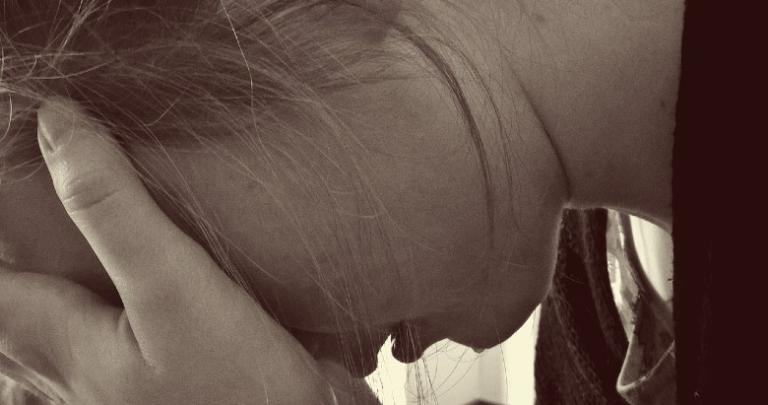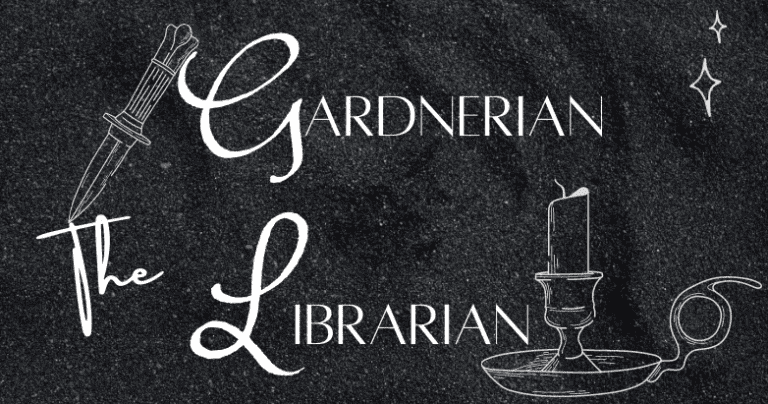John Beckett posted a thought-provoking piece on suffering today. The main point is that we didn’t “sign up for suffering” simply by existing nor do we suffer because of past life transgressions. I have also witnessed many pagans gaslight themselves by believing they somehow deserve suffering. Likewise, plenty of pagans have gaslit others by telling them they deserve suffering. I won’t pretend that I haven’t struggled with those same thoughts. I do think we have more control over our current state of existence than perhaps we initially might think. However, crap things really do just happen to the best of us.
The Sweetness of Life
“May you taste the sweetness of life and bear its bitterness with grace.” – Rev. Byron Tyler Coles, HPx

Those words were spoken to me by my coven partner and HPx at a Summer Solstice ritual years ago. Honey-infused wine was drawn by a finger across my lips as those words were voiced into the air. It was a striking phrase to hear and my brain has repeated it ever since as a reminder of steadfastness. The honey, the sweetness. The wine, the bitterness. Combined, they create a shared richness of flavor, texture, and color.
When I think of “richness”, I think of cheesecake. Every time. Not money. There’s a certain level of fattiness and sweetness in a cheesecake that renders me speechless after a few bites. I have never been able to eat an entire slice of cheesecake in one sitting. I can take a few bites, relish the creaminess and flavor, and then I have to put the fork down. Rich foods overwhelm me in taste and texture. The experience is too much and too great but memorable.
Life’s greatest moments have come to me like slices of cheesecake. Here’s this experience, Life says, and it’s a full-bodied one. My eyes widen in anticipation of something that looks so beautiful, so lusciously delicious. I’m convinced that I can eat it all from the start. Using my fork or spoon, I pull away bite-sized portions. However, about three to five bites in I’ve had enough. Each bite built upon the one before it. The sweetness, creaminess, and aroma intensified with each consumptive moment. There’s a point at which I cannot continue the experience because enjoyment of it has naturally peaked and declined. And so I put the utensil down and hope to finish the experience later.
Bitterness & Brokenness
“He who learns must suffer, and, even in our sleep, pain that cannot forget falls drop by drop upon the heart, and in our own despair, against our will, comes wisdom to us by the awful grace of god.” – Aeschylus, Greek tragedian
If there’s one thing that has given me cold comfort over the years, it’s knowing that nothing lasts forever. Nothing, including suffering. I do not believe that the state of “permanence” exists for corporeal beings because we are constantly in a state of flux. Our bodies are always changing on a molecular level and we are capable of changing our minds on a whim.
If suffering is a state of existence for us then it is also subject to change. Think about bodily suffering. Let’s say that a person was involved in a serious car accident. Their body is broken and they’re struggling to breathe. That person is obviously suffering, even if they’re not conscious, right? But one of two things will happen: they will either live or they will die. In either scenario, their state of suffering will change. A person cannot exist in that state of brokenness forever. There is comfort in that. Mercy, perhaps.
How we choose to understand and bear our suffering is our choice. No one gets to tell you how you should handle your grief or your brokenness. Some of us can handle a lot at one time and others but a little. Likewise, some of us can eat that whole slice of cheesecake and others cannot. No matter how much we can handle, how we handle it is important.
“…bear its bitterness with grace,” They said.
With Grace
“Grace” isn’t a word often used in pagan communities, probably because it sounds “too Christian.” But let’s think about grace outside of a Christian context. The first two definitions of “grace” in the Oxford Dictionary are (1) “simple elegance or refinement of movement” and (2) “courteous goodwill.”
“Simple elegance” or “refinement of movement” imply a certain level of slowness and deliberation. Therefore, to “bear bitterness with grace” might mean we take gradual and methodical steps to endure our suffering. Suffering can feel heavy and oppressive, so it makes sense that we can’t quickly move through it because it weighs us down. Suffering is a burden. However, we aren’t required to endure suffering alone.
“Courteous goodwill” implies a certain friendly disposition in the person who holds grace. With regards to suffering, I think we can be graceful in our suffering by not spreading it to others. Acknowledge and be honest about your suffering but don’t let it affect how you treat others. It doesn’t have to be true that “misery loves company.” It should be enough to simply know that others suffer like we suffer. We do not endure suffering alone, as there is no living thing on this earth that hasn’t experienced it.

Is Suffering Necessary?
I do not think that suffering is necessary, but I do think it’s unavoidable. Suffering helps us build empathy for others. When we have suffered, we are much more likely to understand and empathize with others’ suffering. Having suffered ourselves, we may also be inspired to help others through their suffering. Enduring suffering at the hands of others can help us understand how we cause suffering, too. Quite literally, we can see our “hand” in causing suffering to ourselves and to others.
Suffering is an existential fact of life. Suffering just is. With that in mind, we get to choose how we coexist with suffering. We can choose to suffer alone and in silence or loudly and with others. Some of us choose to make others suffer as a way to deal with our own. In my own experience, suffering is best endured with others.
For many of us, sufferings forces us to lean on others and also acknowledge that we cannot fully bear all of life’s burdens. Allowing others to help carry our burdens gives us enough room to breathe and to pause. Those moments of respite can grant us the motivation to continue enduring or figure out what we can permanently let go. While it may not be our choice to suffer, it is our choice as to how we respond to suffering.
And so I say to you, dear reader: May you taste the sweetness of life and bear its bitterness with grace. Seek to minimize suffering where you can, for yourself and for others, but also acknowledge your own hand in causing it. Be the light in someone else’s darkness and be willing to receive the light from others in your own moments of despair. So mote it be.
Follow me!
Instagram @thegardnerianlibrarian
Twitter @gardlibrarian


















